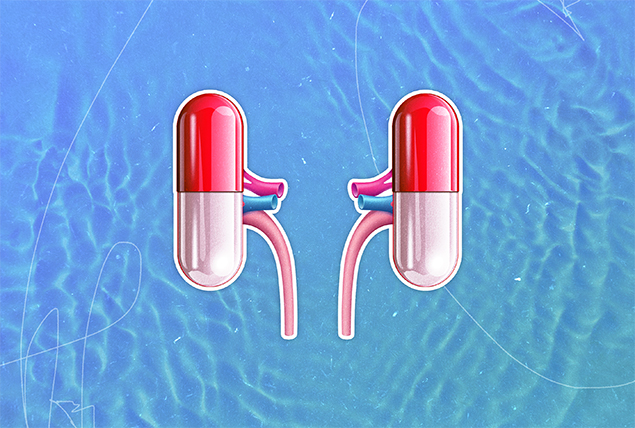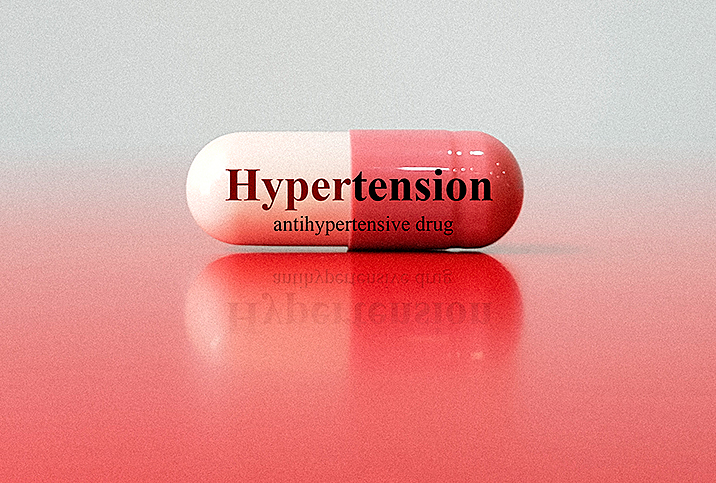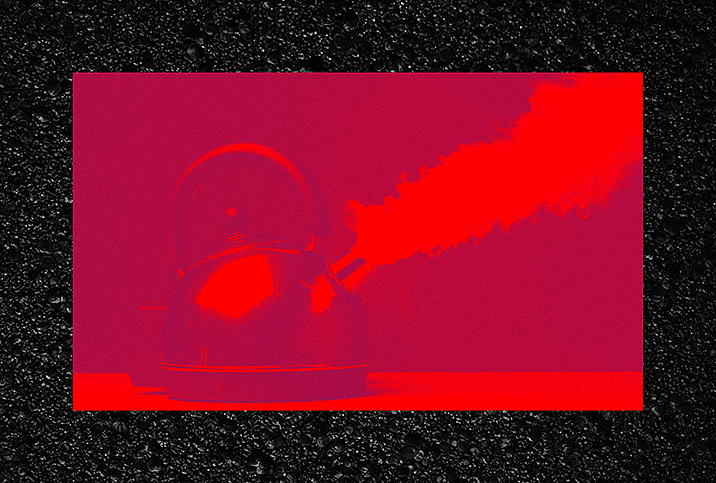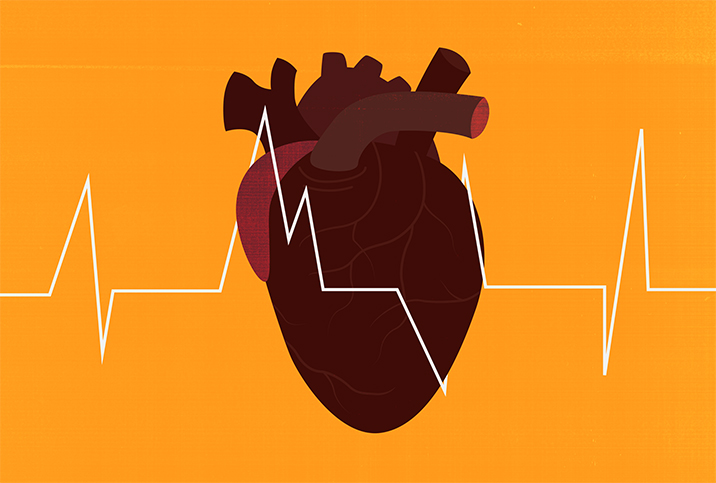Is There a Relationship Between Diuretics and Erectile Dysfunction?

High blood pressure. Erectile dysfunction (ED). Your risk of both these conditions increases with age—but what if treating one makes the other worse?
Unfortunately, diuretics—one of the most commonly prescribed drugs for hypertension (high blood pressure)—can also contribute to ED. Here's what you need to know about diuretics, their link to erectile function and your options for managing both.
What are diuretics for?
Diuretics, aka water pills, are commonly prescribed for high blood pressure. They influence your kidneys to help your body release more sodium and water. This reduces the amount of liquid in your bloodstream, thus reducing blood pressure, according to Todd Jarrell, M.D., a urologist at Urology Associates of Columbus in Columbus, Georgia, and a virtual family practice physician with online healthcare provider Galileo.
"Imagine a water balloon filled to bursting with water," he said. "If you let out a bit of water, there is less pressure in the balloon."
Flushing out fluid from the body has other effects, too. Diuretics are most commonly used for high blood pressure, but they can also be prescribed to treat the following conditions:
- Edema (swelling)
- Heart failure
- Kidney stones
- Liver failure
- Male pattern baldness
- Osteoporosis
You might have seen water pills sold over the counter. Some foods act as natural diuretics, according to Jamie Lee McIntyre, R.D.N., a registered dietitian nutritionist in Portland, Oregon. Watermelon, cucumber, lemon and caffeinated beverages can increase urine output, but that doesn't mean you can swap them out for a prescription diuretic if you're concerned about erectile dysfunction.
Different diuretics affect people differently.
"If you have a medical condition or are taking medications, it's important to talk to your healthcare provider before incorporating diuretic supplements or large amounts of diuretic foods into your diet," McIntyre said.
Is there a link between diuretics and erectile dysfunction?
More than 50 percent of American adults ages 40 to 59 have hypertension, according to the Centers for Disease Control and Prevention (CDC). In 2003, an estimated 45 percent of these patients were prescribed diuretics.
Unfortunately for male patients, whose risk of ED climbs about 10 percent each decade, diuretics can also contribute to ED.
The link is pretty straightforward: Diuretics decrease blood pressure throughout the whole body, including the penis. Decreased blood flow to the penis is a primary contributor to ED. Some diuretics can lead to zinc deficiency, a contributor to low testosterone, which can also be a factor in ED.
"While most people taking diuretics do not have an issue with erectile dysfunction, diuretics can occasionally make it hard to achieve an erection," Jarrell said. "This can happen with diuretics because they can decrease the amount of blood flowing to the penis, which is needed for an erection."
What can you do if your diuretics are causing ED?
If you think your ED is caused or exacerbated by diuretics, the first step is to tell your doctor. A healthcare professional can help create a personalized treatment plan that considers both your medications and lifestyle.
Medication changes
If you have hypertension and ED, you have options. You can talk to your doctor about possibly changing your blood pressure medication or adding a new medication to help with erectile difficulties.
Not all blood pressure medications contribute to ED, Jarrell explained. He suggests talking to your doctor about the possibility of swapping out your diuretics for calcium channel blockers, ACE inhibitors, or angiotensin-receptor blockers.
Even if a diuretic is necessary to manage hypertension, there are options to solve ED complications.
"There are medications such as sildenafil (Viagra) and tadalafil (Cialis), that can often be prescribed to help with erectile dysfunction," Jarrell said.
In addition to medications, wearable devices can help. Eddie by Giddy® is an FDA-registered Class II medical device designed to treat erectile dysfunction and improve male sexual performance. Its design and shape optimize blood flow by putting pressure on the veins of the penis but not the arteries. In 2021 clinical trials, Eddie was shown to be effective in treating men with physically, psychologically and pharmacologically induced erectile dysfunction.
Lifestyle changes
Medications and devices can improve erections, but they're not the only options. Dietary and lifestyle changes can contribute to better erectile health, too, McIntyre said.
Sometimes, drugs might be necessary for moderate to severe ED, but these recommendations from McIntyre and Jarrell can also help:
- Maintain a healthy weight. Men with overweight or obese bodies have an increased risk of developing hypertension and ED. Maintaining a healthy weight through diet and exercise can help with the prevention and management of both.
- Eat for your heart. Foods that are good for your heart are good for blood flow throughout the body. These include fruits, vegetables, whole grains and lean animal- and plant-source proteins, McIntyre said.
- Limit alcohol. High alcohol consumption can contribute to ED. McIntyre suggests limiting yourself to one or two servings when you drink or cutting it out completely.
- Exercise regularly. Daily movement reduces stress, a contributor to ED, and boosts blood flow and energy. Consistent 30-minute daily walks have been linked to a 41 percent decrease in the risk for ED.
Just because hypertension is so prevalent doesn't mean it has to affect you, especially if you observe a healthy lifestyle. But if it does, don't let its treatment affect you further, especially sexually. Speak with your doctor and figure out a plan that works for your health and your erections.


















